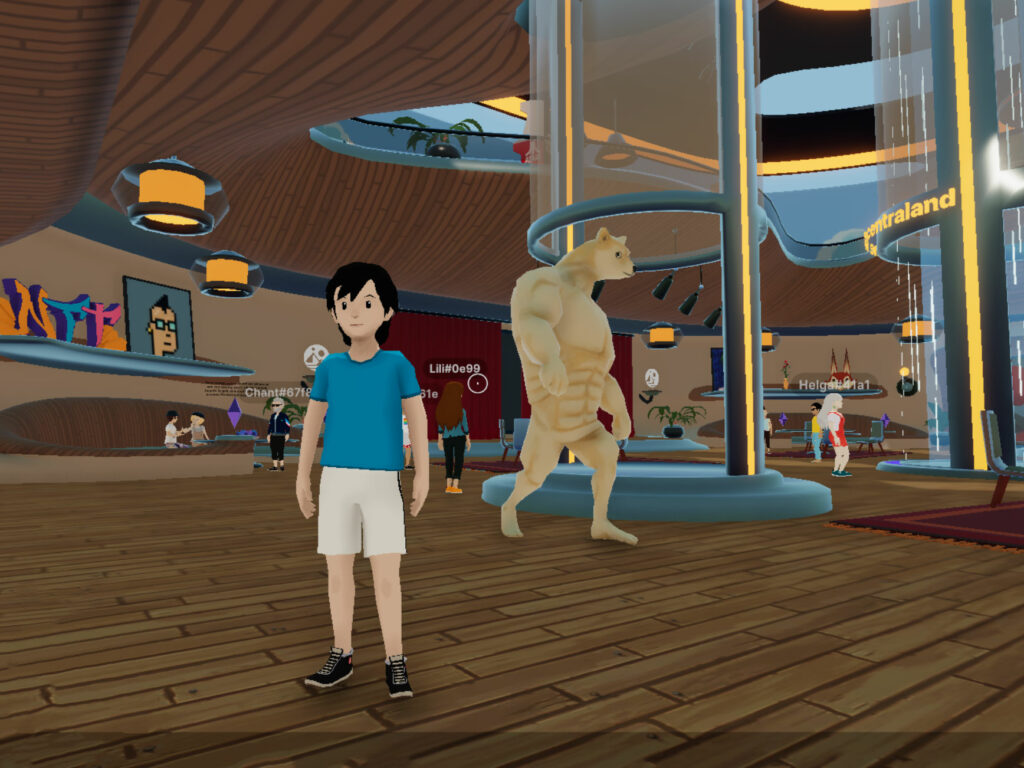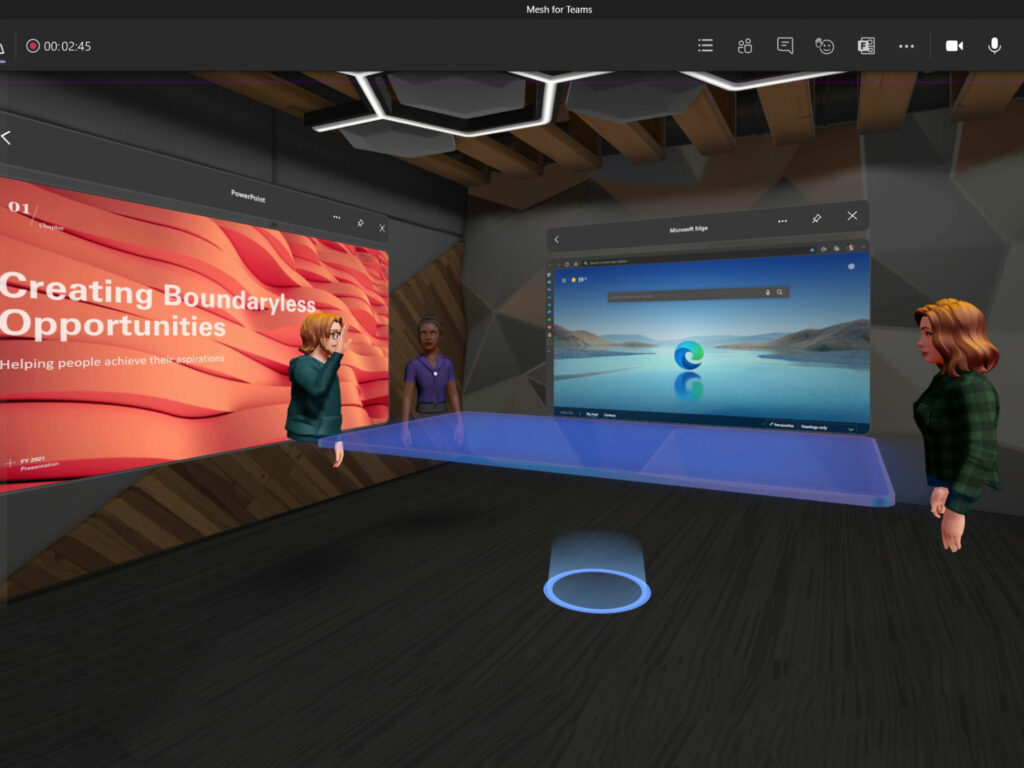After Facebook’s rebrand to Meta to chase its goal of creating an open online and virtual world, many people were left baffled by the concept of the Metaverse and what it has to offer.
Like with any novel technology (note: the Metaverse idea is not new), it takes a while for the public to grasp the concepts and figure out what the technology holds for our future.
The primary aspect of a Metaverse is the combination of people and digital reality. Virtual and Augmented reality tools make this digital experience more interactive and believable. Simply put, consider the Metaverse to be a fresh 3D rendition of the internet, where you don’t just see the internet; you experience it.
It can provide a platform for communication, such as your regular work meetings done in a virtual, shared space. Games like The Sandbox and Decentraland, where you can own digital land and items, and social media platforms built in the Metaverse, where 3D avatars of people can co-exist. It’s like the movie Ready Player One, but without all the chaos (hopefully).

Take the Travis Scott, Ariana Grande or Marshmello concert inside Fortnite, for example. For the concert, Fortnite was a virtual environment — a Metaverse — where the game and the artist’s fans came together to experience a one-of-a-kind interactive performance.
Lil Nas X and Roblox did something similar:
Meta CEO Mark Zuckerberg sees the Metaverse as the “successor to the mobile internet.”
“Imagine you put on your glasses or headset, and you’re instantly in your home space. There are parts of your physical home recreated virtually, it has things that are only possible virtually,” said Zuckerberg while introducing the world to Facebook’s new brand name. “Imagine if you could be at the office without the commute. You would still have that sense of presence, shared physical space, and chances of interactions that make your day, all accessible from anywhere.”
Meta has also made progress in its Horizon Workroooms, a Zoom-like meeting space that allows teams of up to 50 people to connect, meet and discuss. The primary difference between Zoom and Horizon Workrooms? The latter is based in the virtual world, where instead of seeing a face inside a box, you’ll be able to interact with real-time avatars or holograms of your friends/teammates and work with features such as a shared whiteboard, a shared VR computer, and the ability to bring your own desk to the virtual land, all from the comfort of your home.
Similarly, Microsoft is working on Mesh for Microsoft Teams. Since having to work from home became a reality, interpersonal interactions have gone south. While platforms like Teams help us stay connected, they don’t build relationships that you would normally make in the office.
With Mesh, Microsoft aims to add a holographic experience to Teams with AR/VR capabilities to make that time spent on the internet more personal, engaging and fun. “Think of the metaverse as a new version — or a new vision — of the internet, one where people gather to communicate, collaborate and share with a personal virtual presence on any device,” reads Microsoft’s press release.

From conventional cellphones and computers to mixed-reality headsets, anybody will be able to use Mesh for Teams, starting the first half of 2022.
Apart from these big two, companies like Disney, Unity, Snapchat, Tencent and even Nvidia are considering applications of the Metaverse.
On the flip side, the technicality of the Metaverse idea, along with the sentiment we have for our physical world, might make it daunting for people to detach from reality and make the leap. Add to that the likely astronomical initial cost of setting things up and subscriptions are likely to widen the digital and financial divide and make things worse.
Further, Meta’s version of the Metaverse will most likely be laden with consumer-directed ads and tracking algorithms, posing a risk to your privacy and security
Regular apps like Zoom and Teams in their current state often fail to work optimally, so believing that we’ll soon have interconnected Metaverses that you can jump through sounds like a bitter pill to swallow.
Even though aspects of the Metaverse are omnipresent in Bitmojis, Oculus, and online games like Sandbox — which by the way, just saw a person purchasing a $650,000 digital yacht🤯 — the actual vision that Zuckerberg has, where free-to-roam digital layouts of cities and offices and houses are present, and you can teleport to the other side of the planet with the click of a button, is long from developed.
Zuckerberg says it could take upwards of five to 10 years for the key features of the Metaverse to be widely developed and widely accepted.
Image credit: Horizon Workrooms, Microsoft Mesh, Meta

